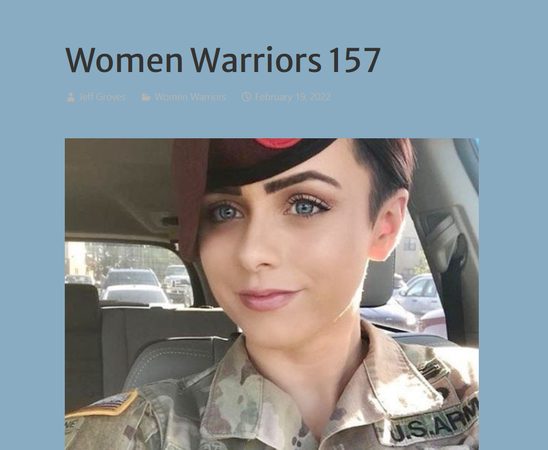
Falsely Accused, Imprisoned, and My Long Road to Freedom
278 pages. Introduction, epilogue, acknowledgments.
Clint Lorance, the U.S. soldier convicted of unpremeditated murder while serving in Afghanistan, sentenced to 20 years in prison, and later pardoned, here tells his story.
He was a working class kid, son of a welder, growing up in Texas and Oklahoma, who decided to join the Army in the aftermath of 911. He was sent to Korea, serving as a military policeman (MP) specializing in accident investigation work. Later, he went to Iraq, guarding detainees.
Desiring to become an officer, Clint signed up for an ROTC program to get his four-year degree, and went to school at the University of North Texas at Denton. Following graduation, he went to Travis to complete the basic officer leadership course. Here, he encountered West Point 'frat boys' and briefly decided to opt out of the military, only to reconsider. He dropped out of Ranger training with a heat injury, then went to Fort Irwin for more training.
Next stop: Afghanistan. His first job was squadron liaison officer in the Tactical Operations Center (TOC) at Fort Operating Base Pasab (82nd Airborne). This gave him familiarity with a variety of warfighting assets, many of which were being underutilized by senior commanders (such as helicopters and dog teams). Clint was then sent as platoon leader to Strong Point Payenzai, replacing an injured officer.
On Clint's second day, the mission was to go into the local village to get biometrics on everyone. Almost immediately, a number of men were spotted in the distance. When a helicopter dropped smoke bombs, the men dispersed – except for three on motorcycle, who charged at the U.S. patrol and refused commands to halt. Clint approved an infantryman's request to open fire. (Afghan allies were already firing.)
According to Clint, the infantryman failed to inform him that the Afghans had halted. Perhaps to protect himself, the infantryman then blamed Clint for the shooting.
Clint was then assigned back to the States while the Army decided what it was going to do. He was eventually court-martialed, sentenced to 20 years in prison for 'unpremeditated murder'.
Many people felt that Clint had been treated unfairly, that the military justice system was unfair, and that the Army was eager to score political points by showing they would convict one of their own. Books were written, a documentary was made, and in this book, Clint only gives a brief explanation: Evidence to support Clint's version of what happened was not presented at trial, clearly showing the dead Afghans were not innocent civilians. Witnesses were granted immunity in return for testifying against him, raising questions about their truthfulness.
Meanwhile, Clint was serving time at Leavenworth, where he rose to become a leader among the prisoners – war criminals, murderers, rapists, and child molesters. Eventually, his allies on the outside were able to get the attention of President Trump, who granted a pardon.
Clint is now dedicated to advocating for reform of the military justice system.
One oddity about the book is that, despite telling us about his early life, Clint doesn't reveal that he's gay until page 49 (and in context of a joke). From that point on, he occasionally mentions his various lovers, and says that he doesn't think his sexuality had anything to do with his conviction. He wants the reader to know he is not a stereotypical gay man as portrayed in the media. I was left to wonder: if his sexuality has nothing to do with the conviction, why mention it at all? Or, if it was important enough to mention, why wait until page 49 to be up front about it?
Throughout the book, the author mixes admiration for Army culture and organization with harsh criticism of senior officers who were out of touch, failed to use resources, micromanaged, and avoided the front line. He is also critical of the Obama administration for restrictive rules of engagement and attempts to micromanage the war.
I was surprised the author did not say anything about his lack of combat experience at the time of the incident.
This book is a quick read. Recommended for those interested in Afghanistan or the modern U.S. Army. The author expresses himself clearly, and is not hesitant to call out those who lack character. I was disappointed that he did not provide more detail about the shooting incident, since it is hard to reconcile his version with other versions; on the other hand, his attorney had previously written a detailed book exonerating him.
Reviewed by ![]() Editor in Chief Bill
Editor in Chief Bill ![]()
![]() .
.










